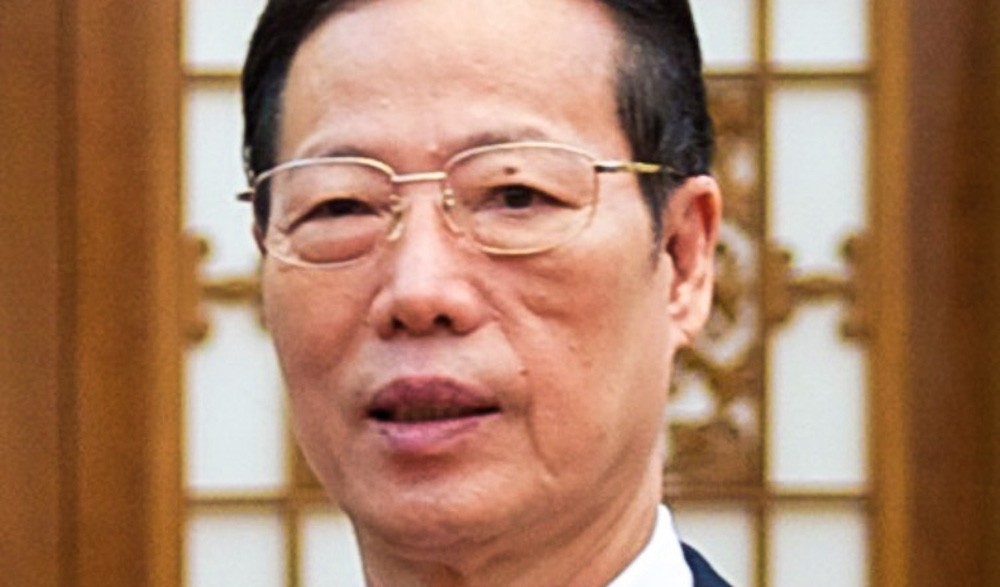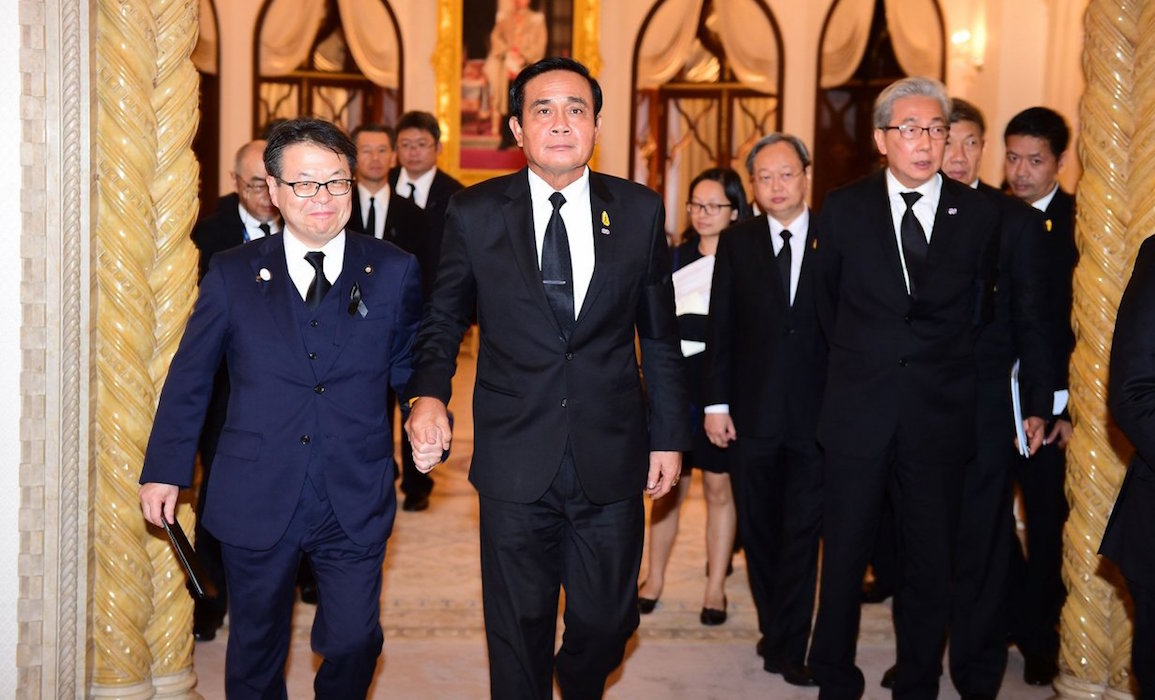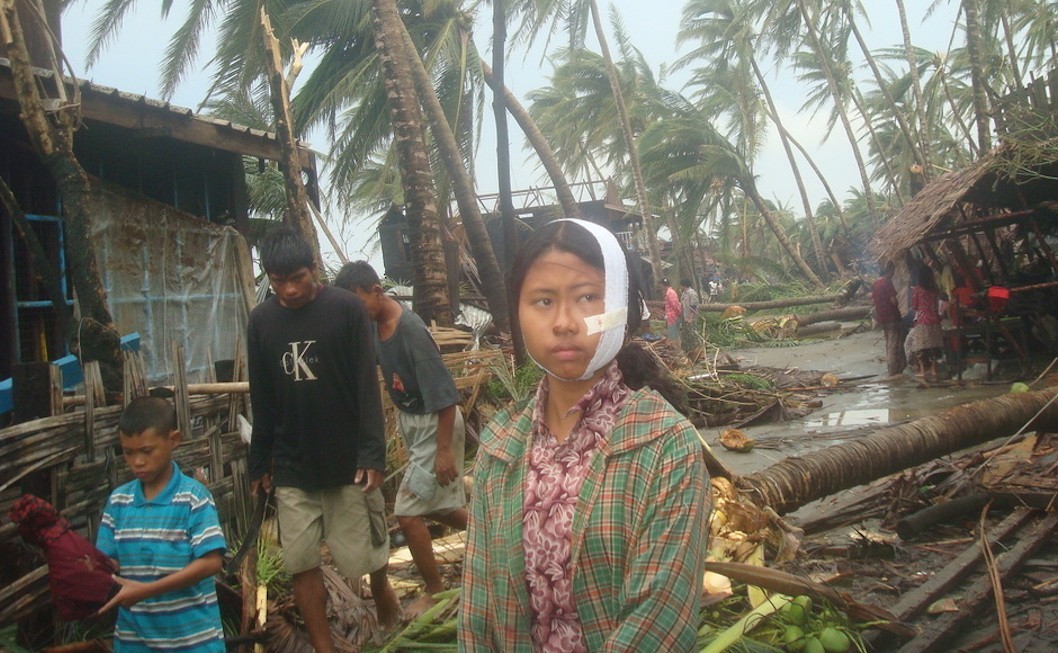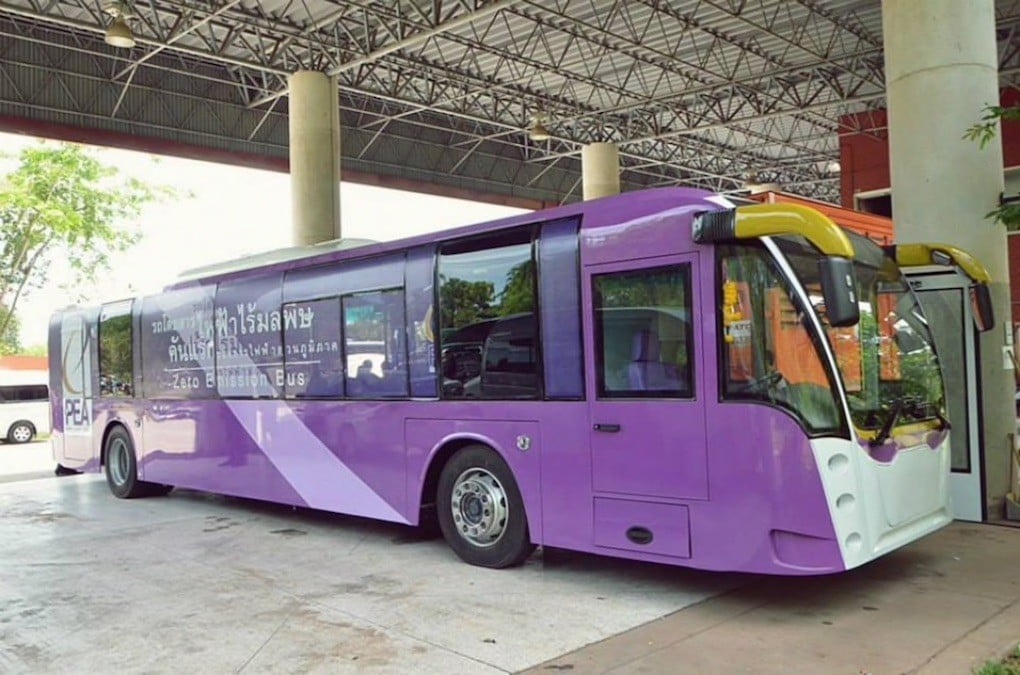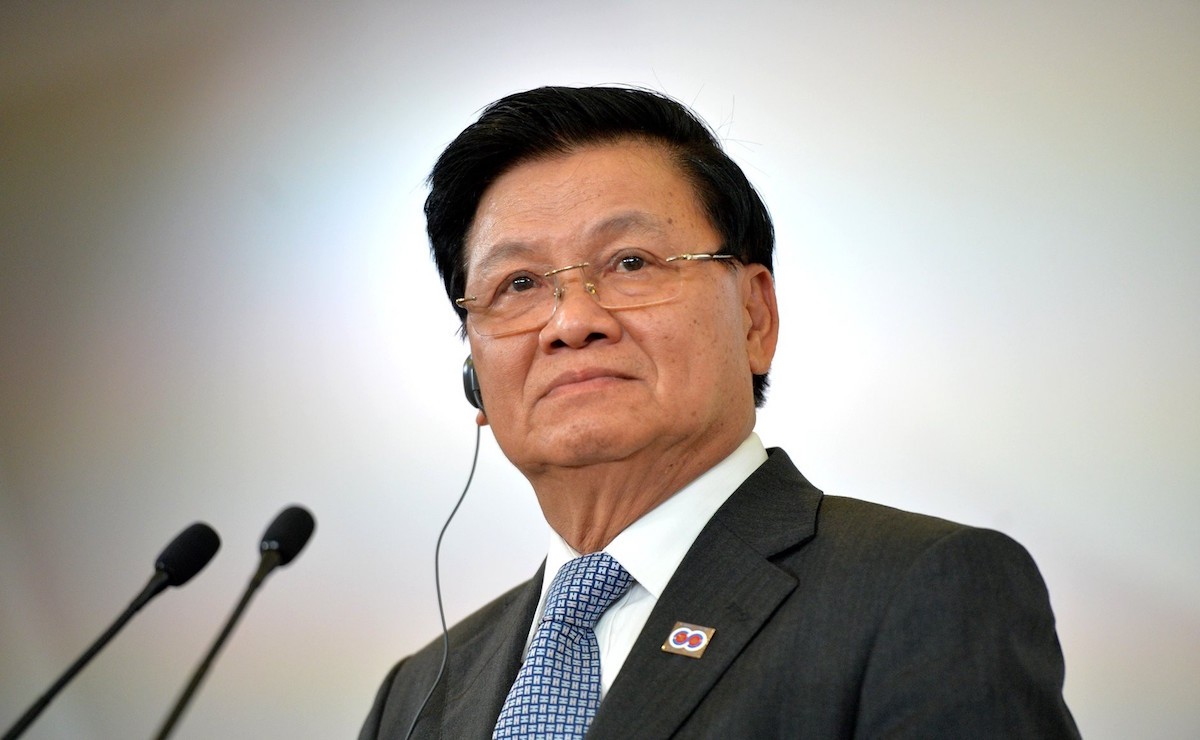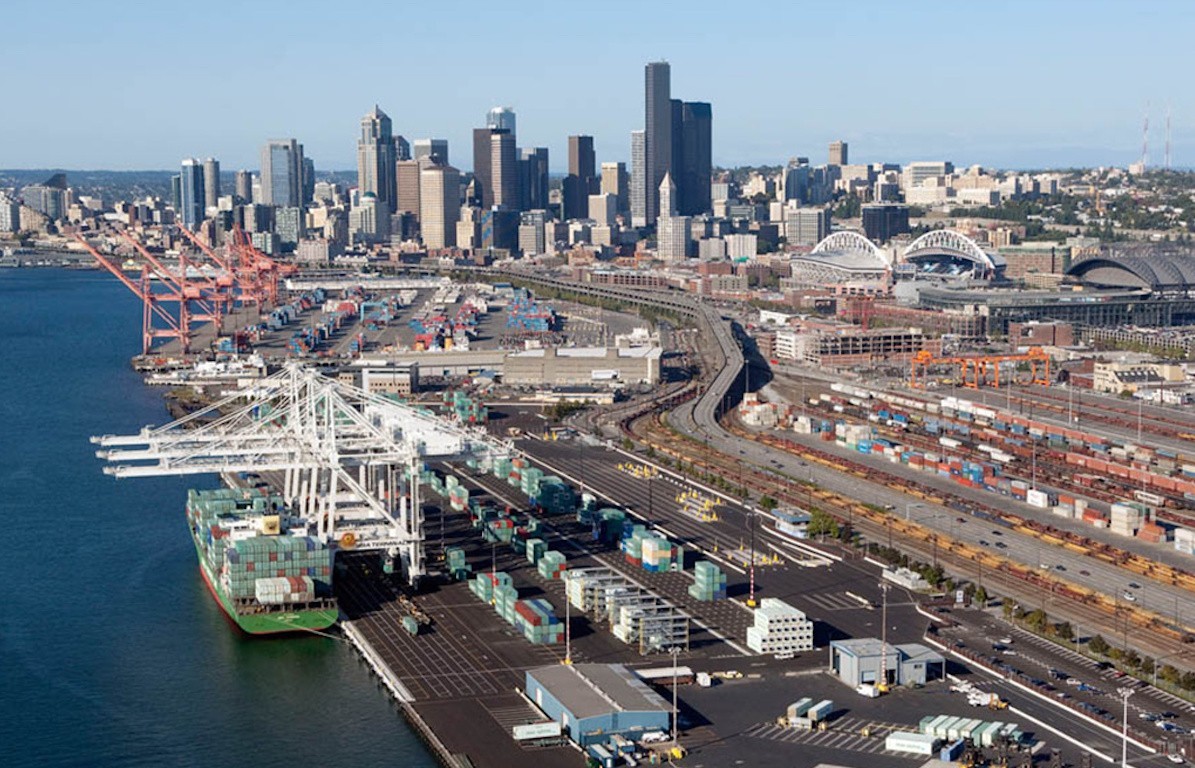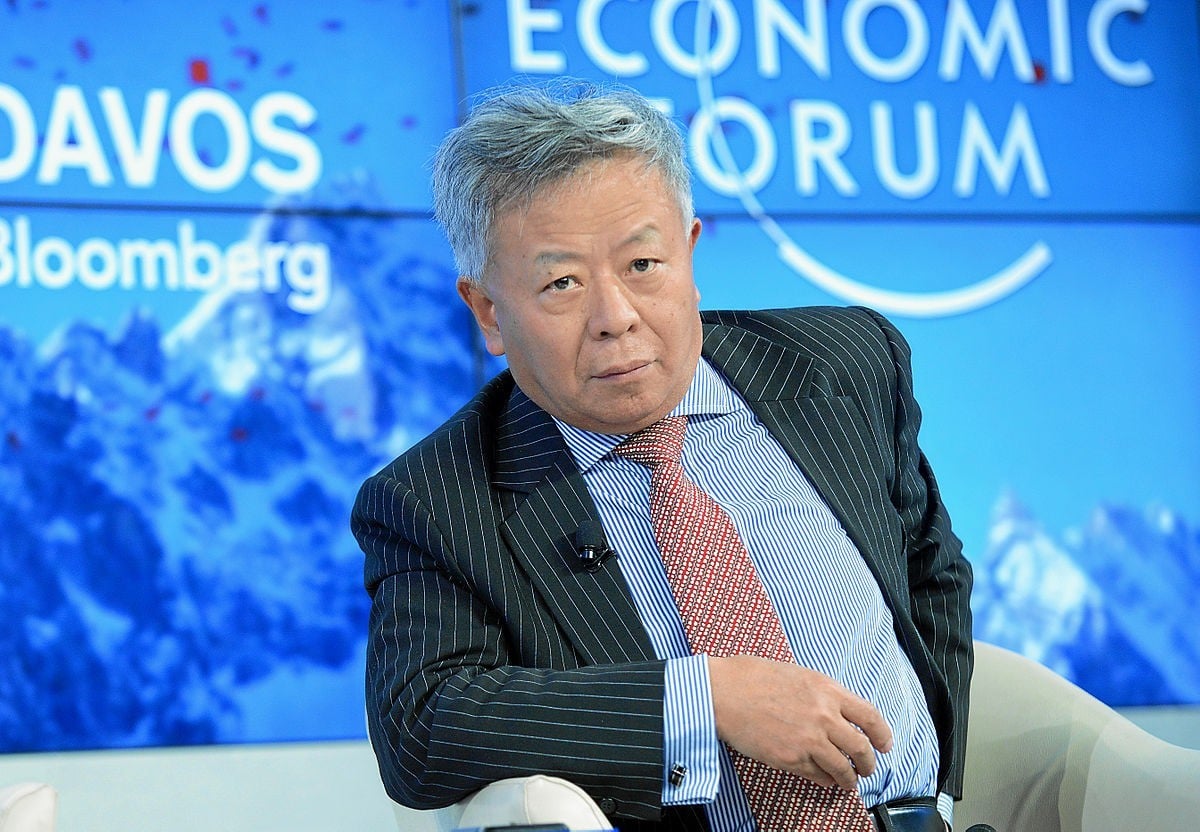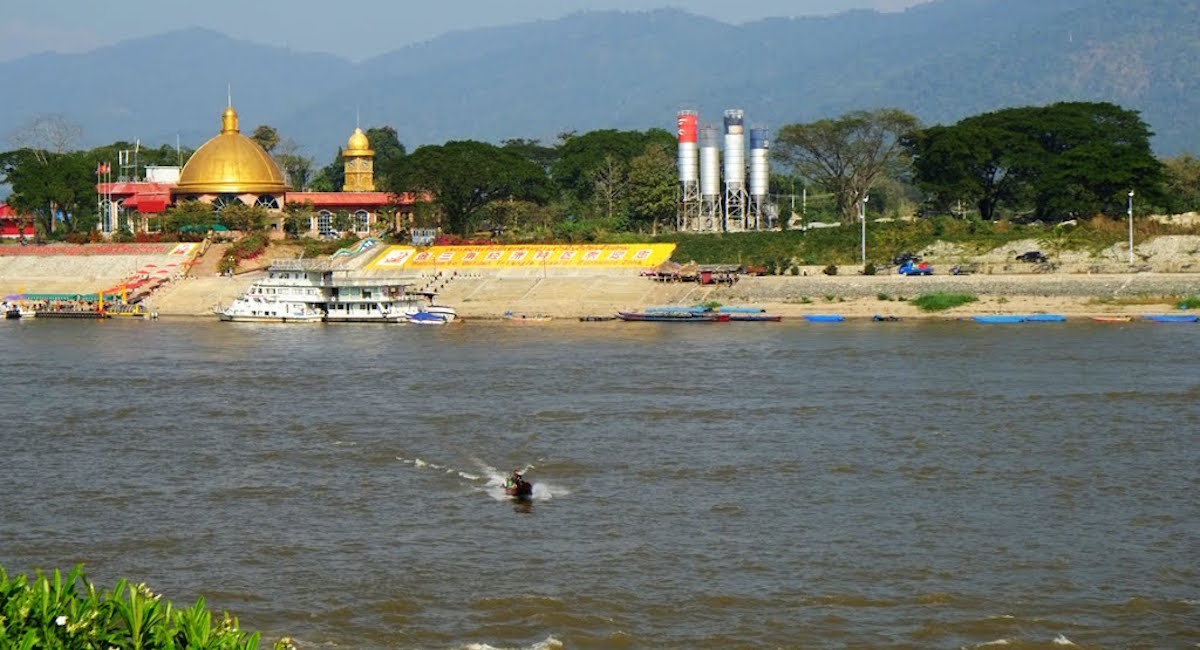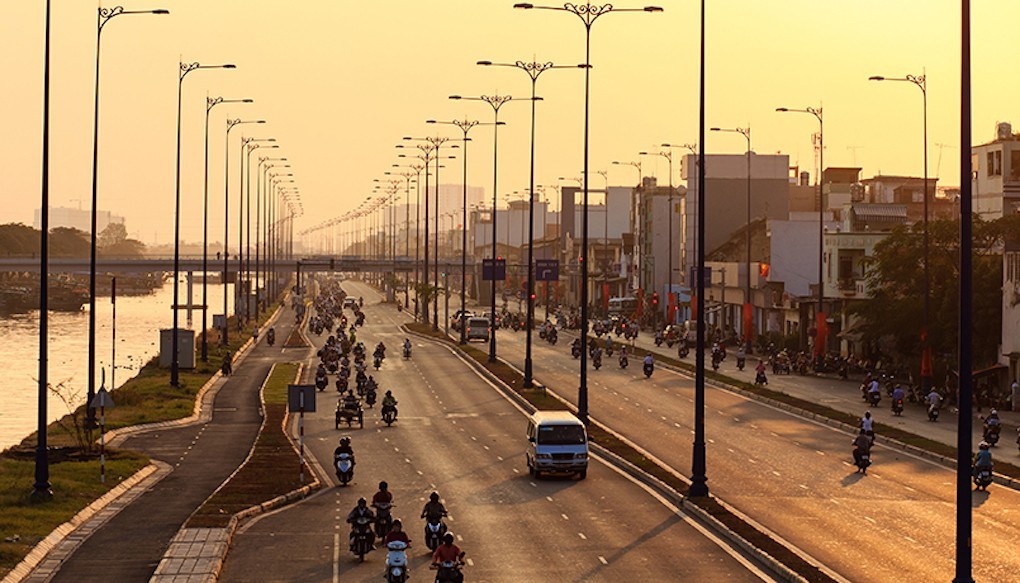China’s vice premier Zhang Gaoli has said Cambodia will benefit from the expansion of his country’s flagship Belt and Road Initiative.
Tag: infrastructure
Huge Japanese delegation to focus EEC investment
Thailand plans to invest about Bt700 billion to construct and develop the Eastern Economic Corridor over the next five years.
Climate Change: A Permanent Reality for Myanmar
Myanmar has seen massive city development plans and a construction boom. But often these decisions are made without considering long-term environmental impacts.
Seeking sustainable solar power for urban Thailand
A shift by Bangkok toward solar would bolster infrastructure and help give the city a more supportable swag
NA, Govt discuss development impacts, compensation
Social issues impacting on the interests of numerous people were also noted by the National Assembly president.
Thai junta aims to make eastern economic hub its legacy
Eastern Economic Corridor projects get fast-tracked as govt envisions it as the heart of Mekong economies.
AIIB President Jin Liqun: ‘We’re lean, clean and green, but not mean’
Jin Liqun, the president of the Asian Infrastructure Investment Bank, was in Washington, D.C., this week, on a myth-busting mission, aiming to set the record straight about his institution. The leader of the newest multilateral development bank sought to debunk what he said were misconceptions about the bank’s priorities, operations and politics.
Into the Zone: SEZs in the Mekong Region, Income…or Instability? (Part 1)
The Mekong region is abuzz with news about special economic zones (SEZs). From Thailand’s prime minister telling US business leaders that the Kingdom’s SEZs are a cornerstone to his economic reforms, to Ho Chi Minh City’s mayor wanting 890 km2 designated as an SEZ to revive his city’s economic leadership, to Myanmar’s newly elected government facing increasing pressure to review the outgoing-junta-approved SEZs now underway there—these foreign-investment magnets are picking up steam as ASEAN integration progresses within the Greater Mekong Subregion.
But what’s so special about these zones? Can they unlock new pathways to region’s economic potential, or as the Bangkok Post warned recently, should policy-makers proceed with caution given the immense complexities to securing SEZs’ desired benefits?
Making Inroads: Chinese Infrastructure Investment in ASEAN and Beyond
Inclusive Development International (IDI) released Making Inroads: Chinese Infrastructure Investment in ASEAN and Beyond, its new report that seeks to shed light on the rapidly changing landscape of infrastructure finance in the region which has been driven by China.
New book: Licensed Larceny: Infrastructure, Financial Extraction and the global South
This new 144-page book, just published by Manchester University Press, argues that the current push worldwide for Public-Private Partnerships (PPPs) is not about building infrastructure — roads, bridges, hospitals, ports and railways – for the benefit of society but about constructing new subsidies to benefit the already wealthy. It is less about financing
development than developing finance.


